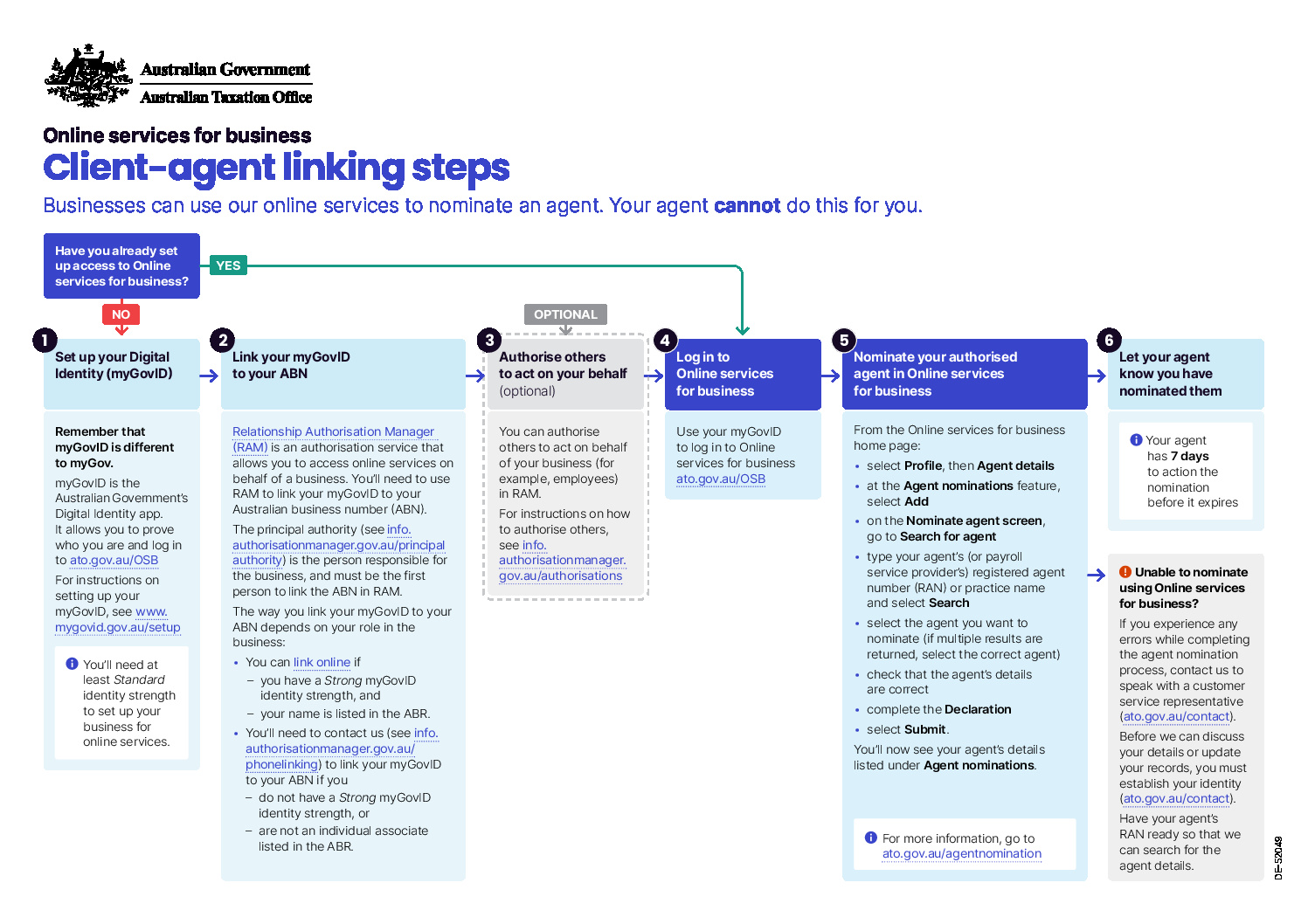You may have seen some recent articles in the press with regard to Life Insurance and an apparent culture of denying claims. Life insurance is a very emotional topic and obviously when a claim is denied the consequences are very large and no one in the industry likes to see this!
So, today I thought I would give you a snapshot of some of the issues which have been raised and what can be learnt from these events.
TONY GREIG’S CLAIM
The first article which came to light a few weeks back and highlighted again on the Project was Tony Greig’s (Cricket great and channel 9 commentator) insurance claim with Comminsure.
What you need to know:
Tony was diagnosed with cancer and was paid his trauma claim (about $600k) and I can only assume this claim was paid without question. The issue arose when Tony passed away 10 weeks later. The estate made a claim for the death proportion of the insurance policy. When considering insurance it is very common for insurance to be recommended as a bundled policy (death, TPD and Trauma together). The advantages of this are to reduce policy fees and to minimise the impact of premiums. However, the negative to this is if a claim is made on the TPD or the Trauma portion the other covers reduce by the amount of the first claim. The option for ‘buy-back’ of the death cover is often an extra cost option, and many people often opt out of that extra cost. Was Tony Grieg offered the buyback? Did he understand it? We don’t know because he is not here to tell his side of the story.
FOUR CORNERS ON COMMINSURE
On Four Corners (Monday, 7 March 2016), there was another report regarding Comminsure and a culture of denying claims. There were some explosive claims in the report about documents being deleted, doctors changing their minds etc. I am not going to discuss this because if it is found to be true, it is unethical, immoral, and fraudulent. From my perspective (once again, if this is true), I hope the regulators come down hard! However, none of these facts have been proven and I think it is best to steer clear of the allegations.
What you need to know:
Claimant One
- A man who suffered what seemed to be a serious heart attack and had to be resuscitated.
- He had a sizable insurance policy with Comminsure and he made a claim that was rejected on the basis the definition of a heart attack in the Trauma policy he owned was not met. At the end of the article even after this being aired on Four Corners Comminsure have still refused to pay this claim. Unfortunately based on the strict application of the definition within the policy the insurer is within their rights to reject the claim.
Fact (not discussed in article), up until about 2012, all insurers used the same definition for a Heart Attack. There are still insurers in the market place today who have not adopted the new definition.
Claimant Two and Three
- The other people in the article were a TPD claim and a Terminal Illness claim. It is important to note that these policies were received by being a member of an industry super fund and I do not believe the members actually applied for the cover. With regard to the TPD claim, I think there are two issues here. It seems the member was given internal medical advice to resign from her position and then the same doctor indicated she was not eligible for a claim. This comes down to definitions. For example the definition for which she was claiming on within the super fund was:
“must be permanently incapacitated to such an extent as to render him or her unlikely ever to engage in any gainful occupation, business, profession or employment, for which he or she is reasonably suited by education, training or experience.”
8 THINGS TO HELP YOU AVOID THESE SCENARIOS
The purpose of this blog is to provide you with information on what can be done to try and avoid such a scenario (there are many more issues but we could be here all day)!!
1). Buyback Option
With insurance cover, some companies offer a Buyback option for the death cover and this can reduce the 12 month period down to 14 days in some cases. This comes as an additional cost. Please note some insurance policies do not have a Buyback option at all and the death cover will never be reinstated.
2). Review the level of cover or separate the cover
Review how you have calculated the level of cover and see whether you really require the death and the TPD payments if both occurr (obviously TPD has to happen first). Alternatively, hold a standalone Death policy and a standalone TPD policy.
3). Trauma Insurance Consideration
Consider Trauma insurance with partials and a policy that will receive upgrades. This means sometimes insurers improve definitions and, therefore, your policy will always be updated.
4). Obtain advice
I know…this is obvious but 100% true. The right advice will mean you save yourself (and your family) headaches in the future.
5). Review your policies regularly
The Life insurance landscape has changed so much over the years and will continue to change. Legislation changes and these articles can always lead to improvements.
6). More comprehensive definitions
With TPD cover consider an insurance policy which has a more comprehensive definition. In the industry, this is known as an OWN occupation definition. This may not be available to all persons but certainly something worth investigating.
7). Consider obtaining Income Protection cover
There is no doubt that TPD insurance can be a difficult policy to claim on because you have to be assessed to be permanently unable to work again. My recommendation would be to also consider owning an Income Protection policy. The disability definition in an Income Protection policy is generally much broader and provides the insured to claim more easily. I would estimate in a majority of all the cases above an Income Protection payment would have been made to the insured.
I think what can be learnt from all this is you need to seek advice regarding your current policy and what will happen in certain events. Unfortunately, in the Australian life insurance industry, not every policy is the same and they are all structured differently. This can be a legacy issue with the insurance company or it can be something that the insurance company uses as a marketing tool to differentiate themselves.
If you do need assistance, don’t hesitate to get in contact with me or any of our insurance specialist.













